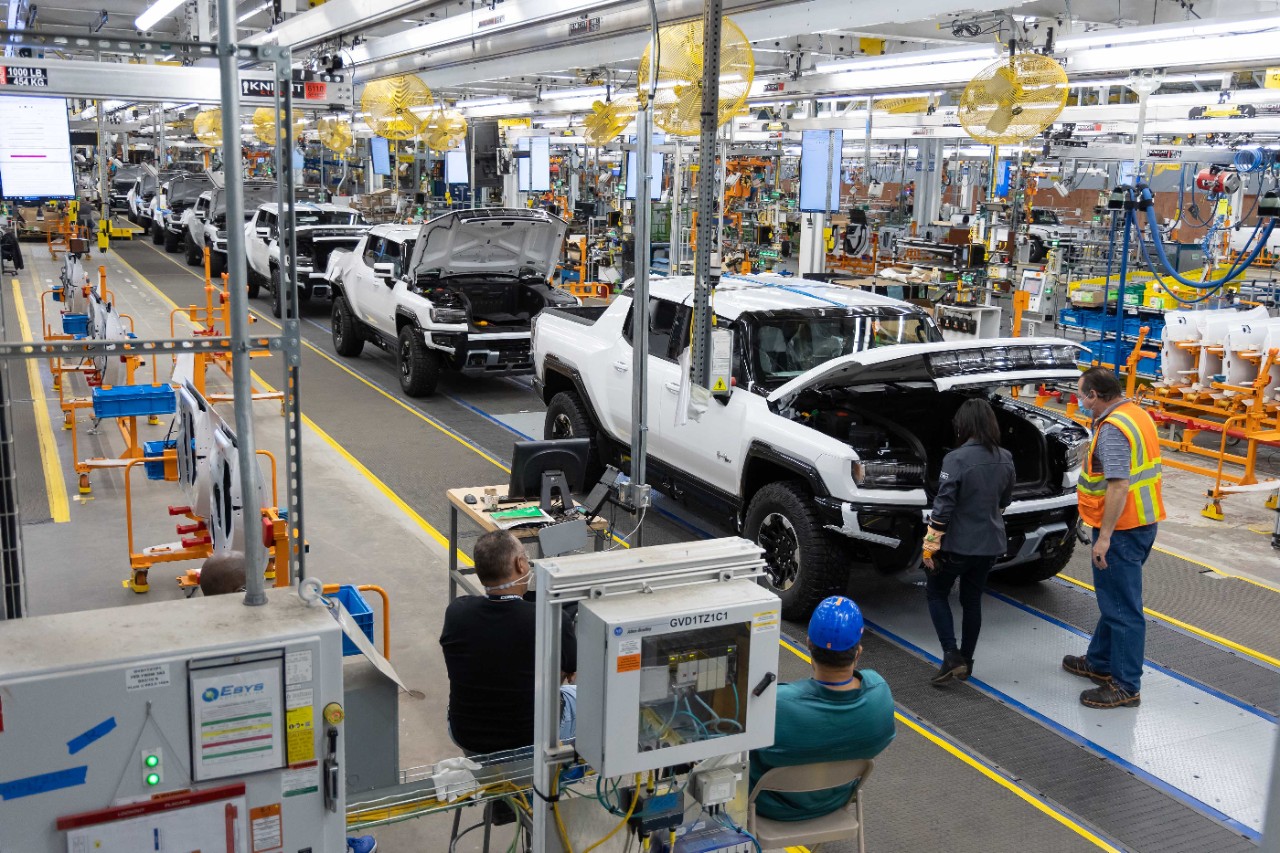
Pittsburgh Prepares for Electric Vehicle Future with New Ordinance
by Amanda Waltz
December 8, 2021
When it comes to the automotive landscape, electric vehicles have, over the past decade or so, been viewed as status symbols, with celebrities and tech millionaires proudly displaying their Teslas. Now EVs are quickly expanding, becoming more affordable and widely available as more manufacturers adopt the technology, with choices ranging from small cars to large trucks.
Pittsburgh has recognized the need to accommodate these vehicles by installing charging stations throughout the city, including in parking garages. This month, Pittsburgh Mayor Bill Peduto, along with the Department of City Planning Sustainability and Resilience Division, introduced an EV Readiness Ordinance to City Council. The ordinance was described in a press release as making a “commitment to meeting the current and anticipated demand for EVs throughout the City.”
This ordinance was developed with the Electrification Coalition, a Washington, D.C.-based nonprofit organization focused on advancing EVs in order to reduce the economic, public health, and national security risks caused by the country’s dependence on oil. It was also made possible by Pittsburgh’s participation in the American Cities Climate Challenge, an initiative created by former New York City mayor Michael Bloomberg to support cities looking to reduce their carbon footprint.
"Our region is emerging as a leader in clean energy and sustainability and as we work towards our climate action goals, we need to ready our City facilities to provide our fleet as well as the public with opportunities to charge electric vehicles," says Peduto in a press release. "Providing electric vehicle charging stations at city facilities, and with partners citywide, will allow our residents to join us in improving our air quality and reducing emissions."
At this point, gas and diesel-run vehicles have been cited as major contributors to climate change. In Jan. 2021, the Environmental Protection Agency found that transportation accounts for about 29 percent of total greenhouse gas emissions in the U.S., making it the largest producer in the country.
As a result, the demand for EVs has dramatically increased, with consumers wanting something that is less damaging to the environment and is a cheaper alternative to the increasingly expensive gas pump. The EPA says EVs have a smaller carbon footprint than gasoline cars, even when accounting for the electricity used for charging. This is all while being a reliable source of transportation (the agency determined that most EV models can go an average of 200 miles on a full charge, with newer models performing even better).
The EV Readiness Ordinance is the latest effort by Pittsburgh to prepare for what is poised to be an automotive revolution. Many manufacturers have already vowed to stop producing fossil fuel-powered vehicles either partially or altogether, including General Motors and Ford. And this isn’t decades down the road - Jaguar will make the switch by 2025, while others are looking at anywhere from 2028 to 2035.
In 2020, Pittsburgh developed the EV Charging Strategic Plan for Pittsburgh Public Facilities, an initiative to increase the number of new public charging plugs to more than 200 on city-owned property, and to more than 2,000 total across the city by 2025.
The City is also working towards creating a fossil-fuel-free government fleet by 2030, and in 2022, will start converting its pickups, vans, and refuse trucks to electric. Public transportation has also seen changes with more electric buses being adopted.
A press release says the EV Readiness Ordinance will ensure that new and renovated city-owned facilities will be outfitted with the necessary systems to support EV charging. The EV Task Force, an interdepartmental team formed to manage EV-charging infrastructure projects, will decide on the installation of charging stations to “meet the City’s needs and ensure that all upgrades to City facilities incorporate make-ready infrastructure to accommodate EV chargers.”

Leave A Comment